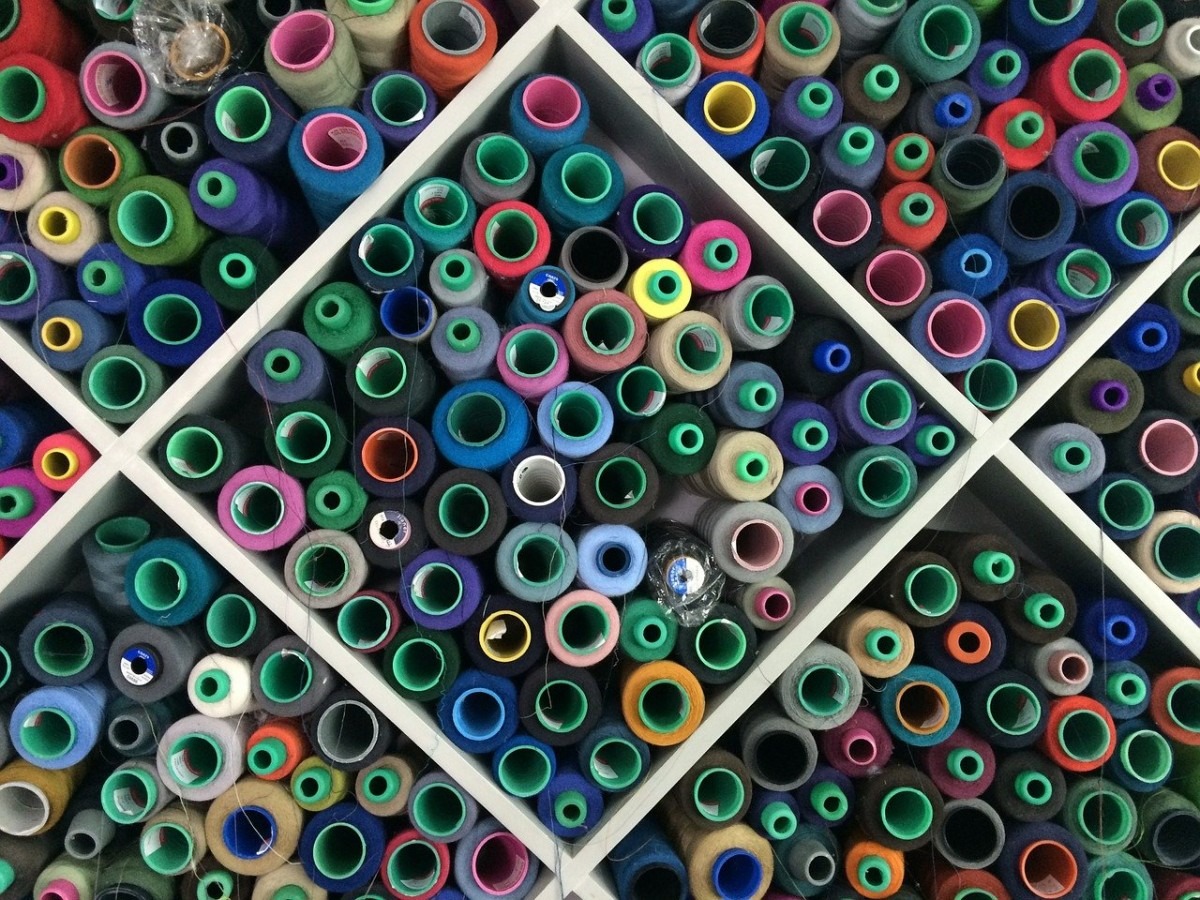An article from Dr. Marsha Dickson, our President and Co-Founder
If we really are serious about driving change in purchasing practices, then stakeholders should be demanding action and evidence, not just talking about it
Another annual installment of the OECD Forum on Due Diligence in the Garment and Footwear Sector has passed, and the croissants and pastries enjoyed by those of us who were in Paris are a distant memory. But hopefully, the topic of buyer purchasing practices and the need to double down on improving them remains crystal clear.
While not explicitly on the two-day agenda as had been the case over several consecutive years, the human rights problems linked to the way brands and retailers do business with their suppliers came up again and again. We can’t refer to purchasing practices as the “elephant in the room” anymore.
Every industry stakeholder understands that poor practices are behind most supply chain human rights failures, and more are learning that there are also consequences to environmental sustainability. If you’ve kept your head in the sand and think there isn’t evidence of these links, Better Buying’s recent research publication on purchasing practices and factory non-compliance is your homework this week.
Some conversations continue to raise questions about what exactly needs to change – and therefore what needs to be measured to document that change. But this is counter-productive and just delays action.
When we started our work eight years ago, Better Buying TM made sure our measures focused on impact – documenting actual purchasing practices that prevent suppliers from embracing more worker-centric practices. Leading up to our launch, we compiled every bit of research that had been done, and consulted with suppliers around the world to understand which purchasing practices had the greatest impact on their businesses and their abilities to provide better wages and working conditions.
We then created a streamlined survey – the Better Buying Purchasing Practices Index TM (BBPPI) – to measure these with objective business data maintained by suppliers, and track improvements as responsible brands and retailers started their organizations down the path of change. The work we’ve done has benefitted from the depth of knowledge we have about how the industry works and why, the rigorous research methods we employed, and our abilities to listen and make sense of holistic and complex data.
We steered clear of wasting everyone’s time by measuring “interesting” things that don’t matter to suppliers and “stuff” like creation of policies, getting top management buy-in, and training. Those may be necessary for many businesses, but not all, and the ton of time companies take to implement them can delay actual changes to purchasing practices for years. Alleviating the pressures buyers are putting on suppliers can’t wait while management systems are put into place – it requires much more urgent action to actually change buyer purchasing practices right now.
As we shared our BBPPI survey with suppliers around the world, we often heard things like “you nailed it.” We had identified exactly what mattered to them and where they urgently needed to see change.
Having resolved the issue of what needs to change and how to measure it, a remaining question that needs everyone’s attention is this: Who is going to demand buyers provide evidence that they have identified which of their purchasing practices are problematic and that the work they are doing to improve these is effective?
I see a few actors that need to step up their demands:
- Government regulators: Germany’s Act on Corporate Due Diligence in Supply Chains has set a high standard for others to follow, because it is clear on the need for buyers to identify, prevent and address human rights and environmental abuses in both their own, and their direct suppliers’ operations. Purchasing practices are specifically mentioned. Will the European Union have the guts to demand buyers big and small from across the bloc do the same? And what similar requirements can the United States put in place?
- Investors and ratings agencies: We hear you are asking more questions about purchasing practices when you call and survey public companies. What evidence are you asking for to support their claims, and how is it influencing your investment and ratings decisions?
- Multi-Stakeholder Initiatives: A lot of you have paid attention to purchasing practices for many years now, but what requirements have you set for buyers, how ambitious are they, and what data are you requiring they submit to demonstrate accountability?
- Suppliers:Your participation in Better Buying TM surveys is increasing as you recognize the safe space we provide and realize the improvements that some of your customers are starting to make. Next, will you demand that potential customers give you their Better Buying TM reports so that you can understand whether their purchasing practices are ones that can sustain your businesses and use that knowledge when prioritizing customer needs?
- Supplier associations: Some progress has been made with the associations who are part of the Sustainable Terms of Trade Initiative (STTI) in setting minimum standards for commercial compliance and working with us to measure compliance. But even more participation in our surveys is critical to convince buyers who’d like to find every reason to ignore a few suppliers’ concerns. And what will you do to ensure that buyers doing business in your countries are commercially compliant?
- Buyers: Not only brands and retailers, but also intermediaries like licensees, importers, agents, and buying houses. You need to get started with Better Buying TM now before all these other stakeholders come chasing. You’ll be among the leaders who are already engaging with us to collect anonymous data that raises supplier concerns, identifies priorities for change, and highlights specific solutions that would improve their business relationships with you. And crucially, you’ll have evidence for stakeholders that demonstrates accountability for improvements. Our next ratings cycle starts April 3 and there’s still time for you to get involved.
If we are really serious about driving change, then by next year’s OECD, we should be able to report on action, not just continue blasting hot air about what needs to be done. Maybe the organizers can put purchasing practices back on the agenda but with a dedicated focus on learning about what’s been done by various stakeholders to demand evidence, what’s been done by buyers to improve, and how suppliers and their workers are benefitting.
Now that’s a forum I’ll look forward to participating in!








